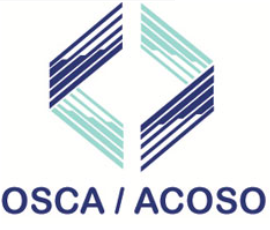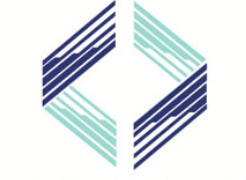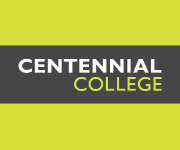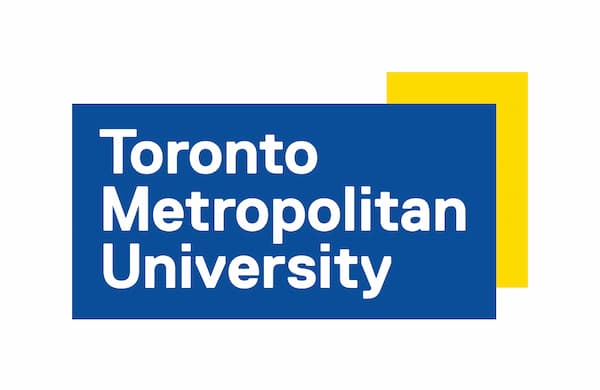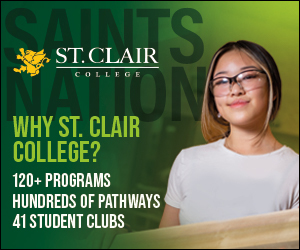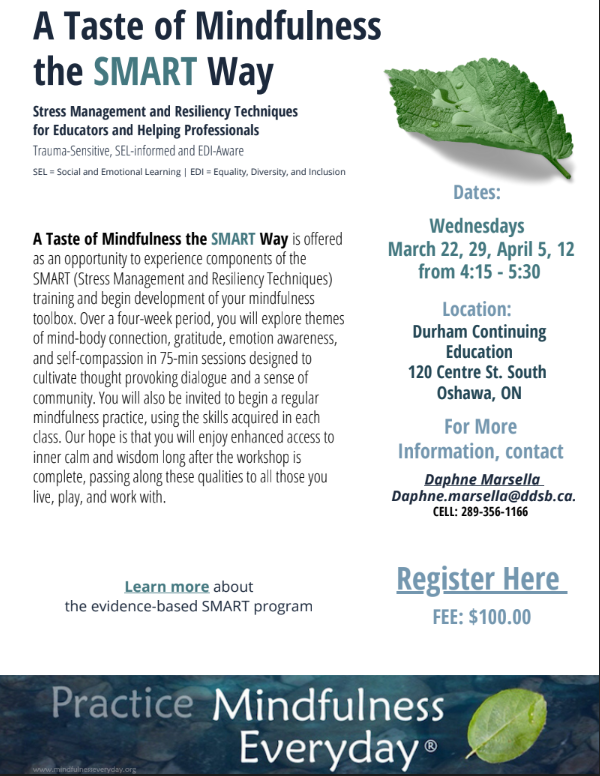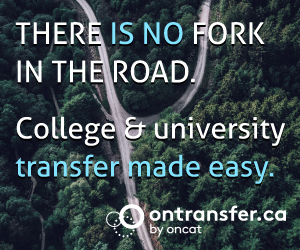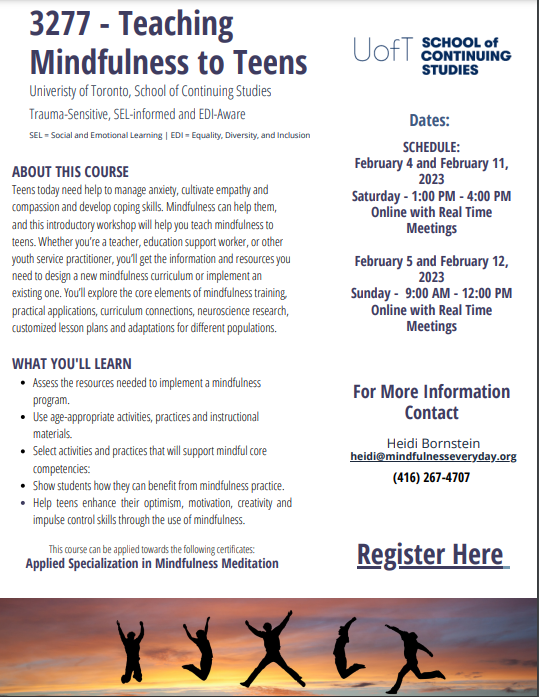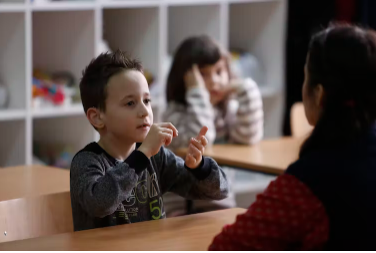 |
|||||||||||||||||||||
| Archive | www.osca.ca | |||||||||||||||||||||
|
I am humbled and excited to serve as the Vice President of the Communications committee! I was previously a member of the amazing PD committee as a Director. I am still fairly new to the board and hope to learn and grow alongside you this year! Currently, I am the Head of Guidance as well as the English/Humanities Department Head at a private school in Markham, Ontario (York region). In my beginning years as a guidance counsellor in a private school, I wore many hats but often felt like I was alone on an island, so I was happy to find, join, and now, serve the OSCA/ACOSO community. I hope to bridge understandings and be a resource for others who may feel the same way!
My educational background was in developmental psychology, and my graduate work was in equity in education around transformative resistance, critical literacy, and culturally relevant pedagogy. I originally hail from sunny Los Angeles, California and have worked in a wide range of schools, both private and public, in diverse communities here in North America and abroad. I moved to the land of never ceasing snow around six years ago, when I married my Torontonian partner, Peter, and have come to call Toronto home. Pleased to make your acquaintance!
Next session: April 3rd to June 2nd, 2023 Registration: Now open!
Cost: $650 Includes a one year OSCA-ACOSO: AQ subscription, if one does not have an active subscription and one link for a copy of Ethical Guidelines. Registration closes March 27th or sooner when session capacity is reached. Apply early to avoid disappointment! > Summer Session will be July 3rd to July 31st with registration opening up later in the spring <
Ontario''s forest sector is facing a significant labour shortage. It is recognized that engaging students and recent graduates to promote employment and career opportunities is critical to the long-term viability of the sector ? from forest management planning to operations and lumber processing to research, innovation and manufacturing. On February 16, 2023, students in forestry and forestry-related programs are invited to join employers at Forests Ontario''s annual Student-Employer Engagement (SEED) Session. SEED brings together students, recent graduates, and representatives from organizations and companies within the forest sector in a virtual environment to discuss employment opportunities and in demand skills. online registration open and can be completed at https://forestsontario.typeform.com/Seed23. We anticipate SEED will run from 9:00 am to 1:00 pm (EST) ? final agenda to be confirmed as we finalize speakers. SEED is a free event!
School Mental Health Ontario is excited to share the first expansion lesson of the MH LIT: Student Mental Health in Action series is now available: Test and Exam Stress: Strategies to Perform at Your Best.
Upcoming Webinar from School Mental Health Ontario: Supporting Newcomer Mental Health and Well-Being
In collaboration with the newcomer working group, School Mental Health Ontario is pleased to offer a webinar designed to provide some foundational knowledge and resources about how to effectively support the mental health and well-being of newcomer students. The webinar will also feature a spoken word artist and panel of individuals currently working with newcomer students/families in both community and school settings. The webinar will be presented in English, but French Language slides and bilingual support for questions will be provided.
Eligible participants (Student Support Staff (e.g., CYCs), Guidance Educators, ELL/ESL Educators, Youth Settlement Workers) may register using the following link. Please do not distribute the registration link widely as the webinar has a limited capacity and is only intended for eligible participants working in Ontario school boards. February 23rd – 1-3:30pm Due to the length and time of the webinar, we understand that educators may not be able to attend the entire webinar. Please feel free to join whenever you are able. The panel will likely be taking place during the latter half. The first half of the webinar will feature the majority of the content.
Many countries today have laws protecting against the use of any language that incites or willfully promotes hatred against an identifiable group. Many municipalities, organizations and school boards have established inclusive language guides. Although the scope of these laws vary, what they have in common is recognizing the gravity of language. The socioeconomic impacts of the COVID-19 pandemic have been felt disproportionately among certain groups. Young people in particular have been affected. In 2020, they accounted for nearly a quarter of all job losses nationwide (Sharp, 2020).
Higher education usually leads to higher rates of employment, higher earning potential, and improved health and well-being (Rae, 2018). But when compared with their Canadian-born peers, immigrant and refugee youth in Canada have historically been more likely to be unemployed and more likely to be found in low-skilled, low-wage work (Shields and Lujan, 2018; Turcotte, 2019).
|
|||||||||||||||||||||
